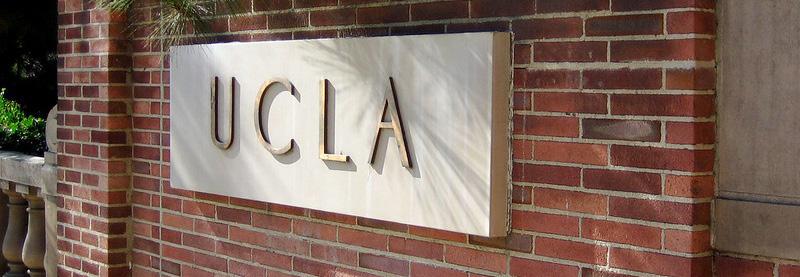
1 minute read
UCLA Health receives $25.3M for street medicine program to help homeless
By City News Service By City News Service
UCLA Health has received a $25.3 million, two-year state grant to expand its health care program for people experiencing homelessness in Los Angeles, officials announced Wednesday.
Advertisement
related to the emergency. The city administrative officer will provide a report to the council every two weeks justifying the need for any such contracts, specifically with a reason why it was necessary to not undergo a competitive bidding process.
The resolution also instructs the general manager of the emergency management department to advise the mayor and city council on the need to extend the state of emergency.
Bass has issued three emergency directives since declaring the state of emergency as her first official act, most notably beginning a program aimed at bringing residents of encampments indoors.
Whether to continue the state of emergency — which must be ratified by the city council every month — will be evaluated by several indicators of progress, including the number of encampments and housing placements, and how much more flexibility city departments are allowed through the declaration.
There are an estimated 41,980 unhoused people in the city of Los Angeles, up 1.7% from 2020, according to the latest count by the Los Angeles Homeless Services Authority.
The grant will fund new equipment and staff, including community health workers to assess patient needs, identify barriers to care and expand access to a variety of services in collaboration with other caregivers, social service agencies, health plans and the state.
Funding from the California Department of Health Care Services will also be used to develop and implement records management and communication systems allowing the UCLA Health Homeless Healthcare Collaborative and other street medicine teams to coordinate care provided to unhoused people.

"We are grateful for the state's support of our effort to leverage partnerships and provide high-quality, equitable health care to a highly underserved population," said Johnese Spisso, president of UCLA Health and CEO of the UCLA Hospital System.
"We're eager to build on our considerable progress with the UCLA Health Homeless Healthcare Collaborative, a program that reflects our broader commitment to improving community health by providing care outside the walls of our hospitals and clinics."
The grant is part of California's effort to transform
Medi-Cal, the state's version of Medicaid, the federal government's public health insurance program for those with limited income. The state effort, known as CalAIM, emphasizes preventive, personalized medicine and greater coordination among a network of health partners providing equitable care. The collaborative provides free care to those who might not otherwise have access. About 85% of UCLA Health emergency room visits made by people experiencing homelessness are due to primaryor urgent-care conditions that could be prevented or treated in the community, according to UCLA Health.






